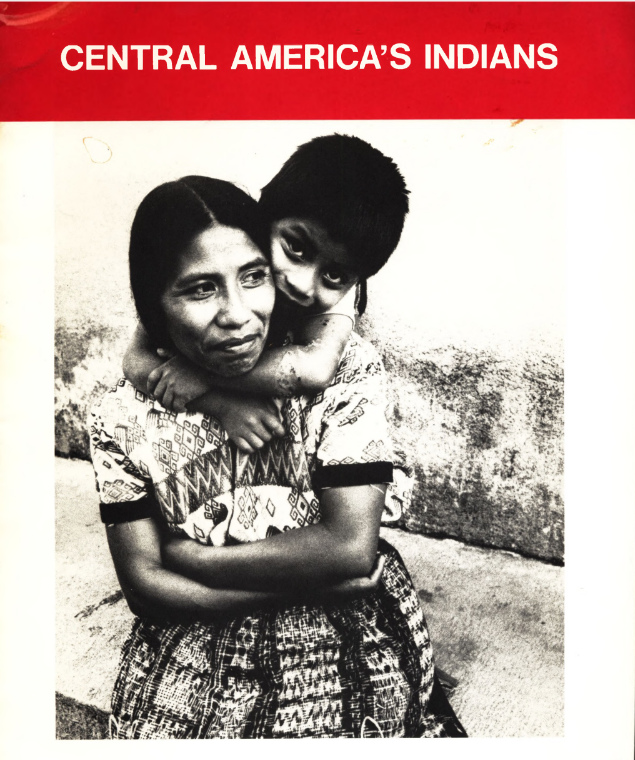Xicaque in Honduras
Updated May 2018
£15/month
Related content
Reports and briefings
-
1 July 1987
The Amerindians of South America
For over 20,000 years a wealth of many cultures flourished in South America, both in the high Andean mountains and the lowland jungles and…
-
1 April 1984
Central America’s Indians
In Latin America today we find one of the largest remnants of colonialism in the world. The concept “Indian” itself is, of course, a…
-
Our strategy
We work with ethnic, religious and linguistic minorities, and indigenous peoples to secure their rights and promote understanding between communities.
-
-

